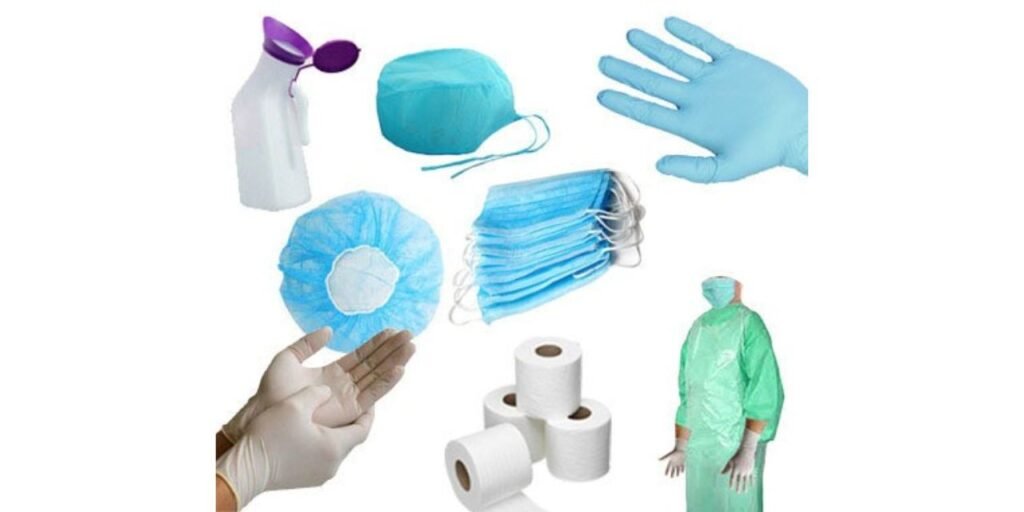
In a historic move to improve public health and safety, the Ministry of Textiles has announced the Medical Textiles (Quality Control) Order, 2023. On October 1, 2024, the Quality Control Order (QCO) will go into force. Sanitary napkins, infant nappies, reusable sanitary pads, and dental bibs are among the essential medical textile goods for which this rule sets strict quality criteria.
The purpose of this QCO’s obligatory certifications is to guarantee that these items continuously fulfil crucial quality standards. It will be legally necessary to adhere to these requirements; failure to do so may result in fines and other consequences. The government has exempted small businesses, especially Self-Help Groups (SHGs), from the obligations of this QCO in recognition of the difficulties they encounter.
Throwaway When it comes to disposing of sanitary napkins and infant nappies, they are crucial consumer goods that protect both the environment and human health. Therefore, it is essential that their production and import procedures integrate all required tests pertaining to public safety and satisfaction. The notified specifications (IS 5404:2019 for sanitary napkins and IS 17509:2021 for disposable baby diapers) cover critical performance criteria such as pH levels, hygiene testing, bacterial and fungal bioburden, biocompatibility evaluations, and biodegradability. Testing for phthalate levels in infant nappies is particularly important since these chemicals may be harmful to both users and the environment.
The government’s overall plan to improve the quality and safety of necessary consumer goods includes the QCO’s implementation. All items coming within this QCO will need a Bureau of Indian Standards (BIS) licence in order to be manufactured, imported, distributed, sold, hired, leased, stored, or displayed for sale when the regulations go into effect. This important step is intended to guarantee that commonly used items meet the strictest safety regulations, protecting both adults and children.
